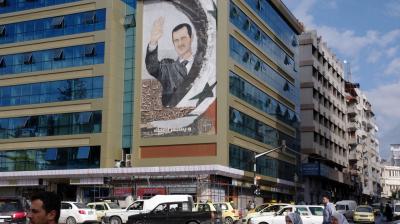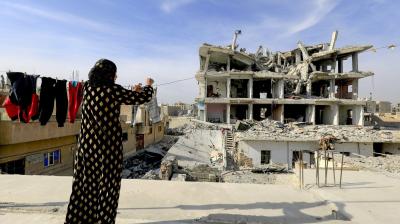Pandora’s Box in Syria
During 2019, the original Syrian conflict entered its closing phases, except for the battlefields of Idlib and in the north east. As a result, conflict dynamics have become somewhat easier to read, as the regime and its key allies have shifted towards a triumphalist ‘post-war’ narrative and corresponding governance styles, deal-making and decision-making. These developments can be witnessed in three interlinked spheres: security, civil, and political economic practices. Together, they largely form the Assad regime’s political economy, which – although poorly understood due to limited access – is crucial to understand to assess the negative externalities likely to result from its wartime survival and re-entrenchment. The paper analyses six such externalities:
- risk of conflict relapse due to economic pressures
- the politics of refugees
- risks and instrumentalisation of terrorism
- regional instability
- humanitarian culpability
- deterioration of the international legal order.
These externalities are interconnected and emerge from the political economy of the regime – the accumulation of its security, civil and political economic practices. Their nature and volume suggest that the Syrian civil war will plague its neighbors, as well as Europe, for a long time to come. These externalities also focus our attention on the fact that adequate containment strategies should be designed as a matter of urgency, to limit their negative impact.
Read full report
Follow @Clingendaelorg on Twitter





